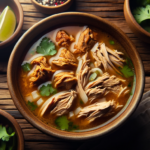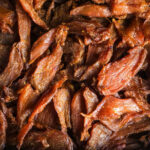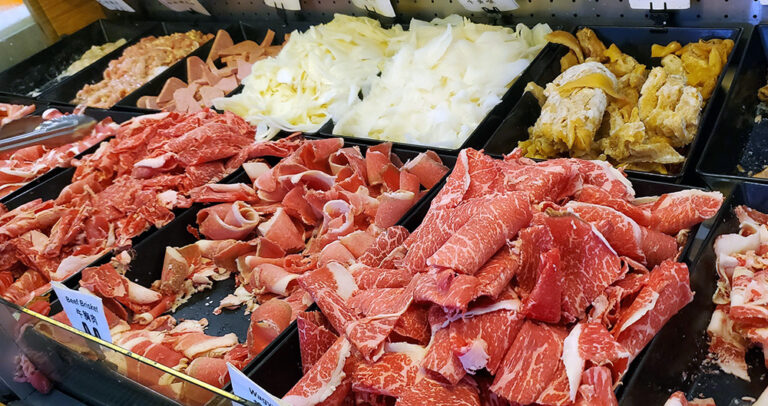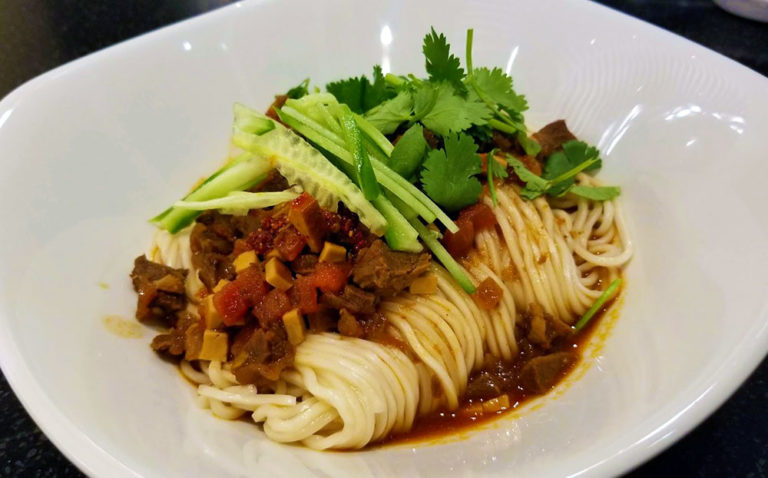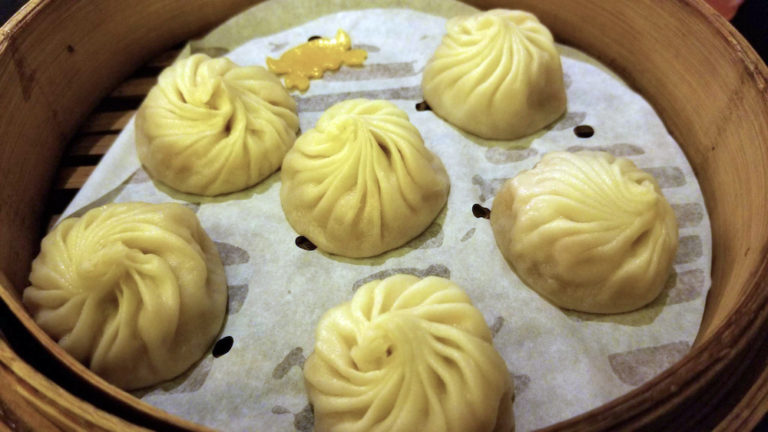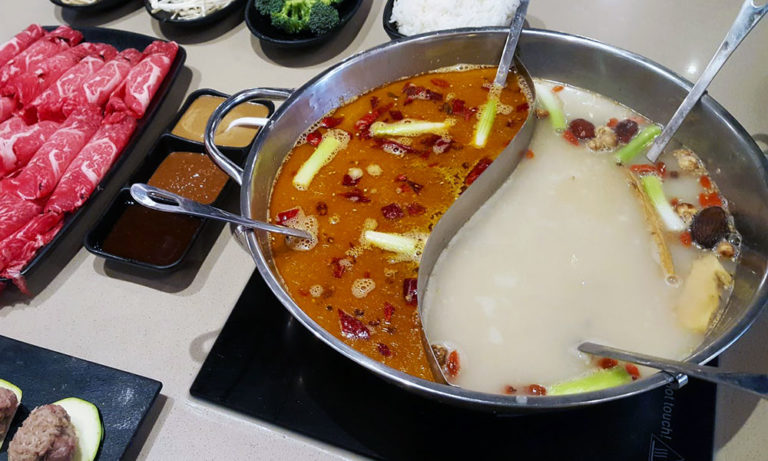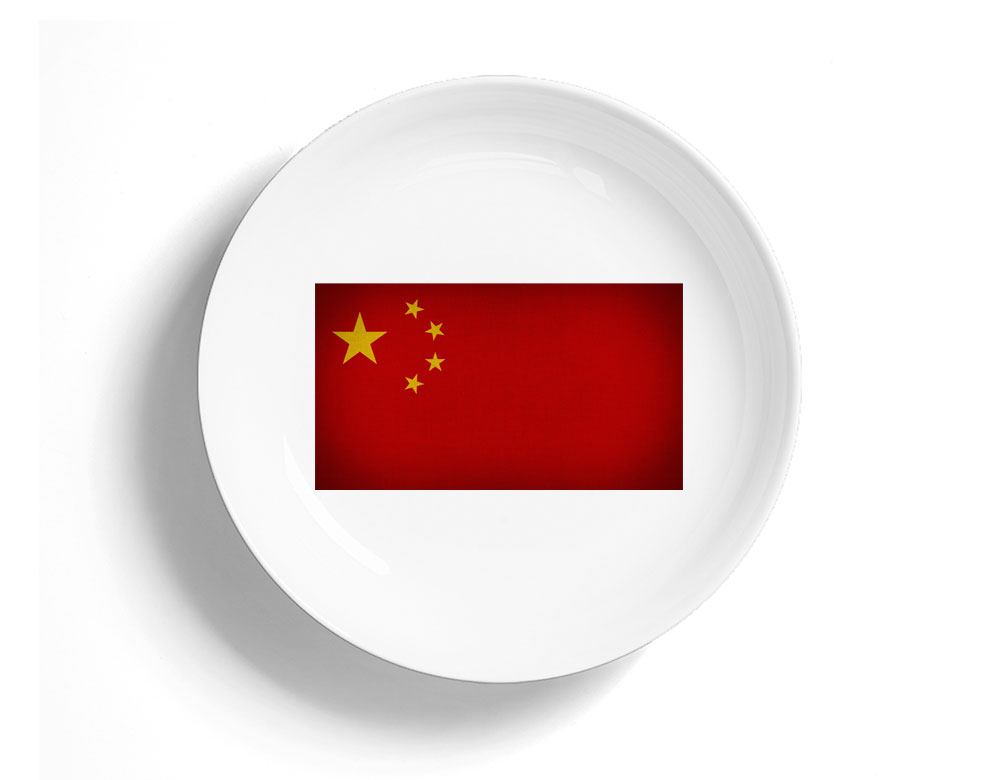
You’ve likely gone to a Chinese restaurant before, but unless you’ve been to China or have a Chinese relative who has cooked for you, chances are you haven’t had authentic Chinese food. If you’re looking for the most authentic experience, you’ll want to know some basic Chinese food terms. But first, let’s give you a quick background of the country.
With about 1.4 billion people, China is the most populated country in the world. It was closed off to the world until the 1970s. As such, most Chinese only speak Mandarin or one of the country’s main dialects (Cantonese, Hunanese, Min, Gan, Wu or Kejia.) So, if you want to visit the country, make sure you have a good translator with you or are fairly familiar with Mandarin.
While most Chinese speak Mandarin, many Chinese take-out restaurants in the United States are run by people from the Chinese region of Fujian and speak the Fuzhou dialect a.k.a. Fuzhounese.
Chinese cuisine
Because China has such a large landmass and is filled with such a large population, Chinese cuisine is quite diverse. It is commonly categorized into one of four geographic regions: Cantonese cuisine, Sichuan Cuisine, Shandong Cuisine and Huaiyang cuisine. Cantonese cuisine is generally sweet, Sichuan cuisine is spicy, Shandong cuisine is light and crispy, Huaiyang cuisine is slightly sweet and rarely spicy.
Chinese food terms (Mandarin)
Expand your international dining vocabulary with these basic food-related words translated from English to Mandarin.
meat – 肉 (ròu)
- pork – 猪肉 (zhūròu)
- beef – 牛肉 (niúròu)
poultry – 家禽 (jiāqín)
- turkey – 火鸡 (huǒ jī)
- duck – 鸭 (yā)
- chicken – 鸡 (jī)
seafood – 海鲜 (hǎixiān)
- fish – 鱼 (yú)
- shrimp – 虾 (xiā)
- oyster – 牡蛎 (mǔlì)
- shellfish – 贝 (bèi lèi)
meatless/no meat – 没有肉 (méiyǒu ròu)
- vegetables – 蔬菜 (shūcài)
- fruits – 水果 (shuǐguǒ)
- eggs – 蛋 (dàn)
- tofu – 豆腐 (dòufu)
- nuts – 坚果 (jiānguǒ)
- vegetarian – 素食主义者 (sùshí zhǔyì zhě)
- vegan – 纯素 (chún sù)
drinks – 饮料 (yǐnliào)
- water – 水 (shuǐ)
- alcohol – 醇 (chún)
- beer – 啤酒 (píjiǔ)
- wine – 葡萄酒 (pútáojiǔ)
other eating/dining-related terms
- yes – 是 (shì)
- no – 没有 (méiyǒu)
- good – 好 (hǎo)
- yummy – 好吃 (hào chī)
- eat – 吃 (chī)
- cook – 厨师 (chúshī)
- I’m hungry – 我饿了 (wǒ èle)
- I’m full – 我饱了 (wǒ bǎole)
- more – 更多 (gèng duō)
- less – 减 (jiǎn)
- only – 只要 (zhǐyào)
- please – 请 (oǐng)
- thank you – 谢谢 (xièxiè)
- baked – 烤的 (kǎo de)
- fried – 油炸 (yóu zhá)
- grilled – 烤 (kǎo)
- roasted – 烤 (kǎo)
- steamed – 蒸熟 (zhēng shú)
- hot – 热 (rè)
- warm – 暖 (nuǎn)
- cold – 冷 (lěng)
- bitter – 苦 (kǔ)
- salty – 咸 (xián)
- sour – 酸的 (suān de)
- spicy – 辣的 (là de)
- sweet – 甜 (tián)
- allergic – 过敏的 (guòmǐn de)
- bathroom – 浴室 (yùshì)
Watch this video to hear how letters and words sound in Mandarin.
Chinese dishes to try
- char siu bao – pork buns
- dan dan noodles – spicy noodles with minced pork
- jianbing – savory egg and cracker crepe
- xiao long bao – soup dumplings
- Chinese hot pot
Interested in learning about other cuisines around the world? Discover food terms from other countries here.





